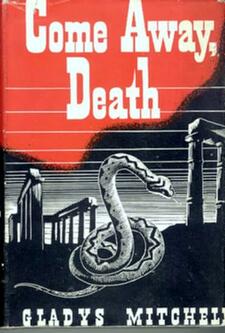
While my schedule already looks to be busy through August (*sigh*), it feels like APRIL will be the best month to host another reading event. Like last time, readers will be welcome to read along and send me comments and observations related to the chapter groups each week. (Send to [email protected] .)
I will then organize all the remarks and feature them in blog posts. The dates would be:
MON. APRIL 1 - comments due for Chapters 1 to 5
MON. APRIL 8 - comments due for Chapters 6 to 10
MON. APRIL 15 - comments due for Chapters 11 to 15
MON. APRIL 22 - comments due for Chapters 16 to 20
As long as you focus the discussion on the chapters chosen for that week (and don't provide any major spoilers near the end), any topic is fair game! The variety of comments from the previous event was greatly enjoyable, as readers analyzed characters, setting, tone, plot, clues, clothing, references and themes. Come Away, Death should provide another opportunity for a lively discussion.
Last time, a few Americans opted out because The Mystery of a Butcher's Shop wasn't available in the U.S. as a Kindle title. It's very frustrating to say, but Come Away, Death is also one of only a handful of Gladys Mitchell mysteries not currently available as a Kindle eBook in the States. (I'm not deliberately making this difficult, I swear! It appears UK and Canadian Kindle users will have access to the title.) There are new and used reprint softcover editions available through booksellers -- look for editions by Vintage UK (from 2011) and Rue Morgue Press US (2007). And if finances or bookstore challenges keep you from participating because of the eBook unavailability, write to me and I can try to help you locate a reading copy.
I hope you'll consider taking a tour of the Greek isles with Mrs. Bradley, Sir Rudri Hopkinson (he's a little odd, but Mrs. Bradley may be odder), and myself (no comment) in April!
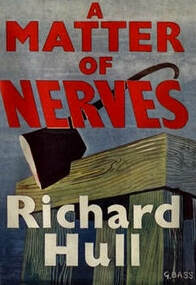
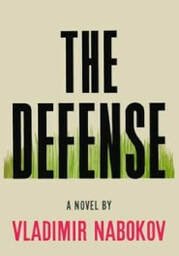
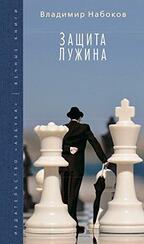
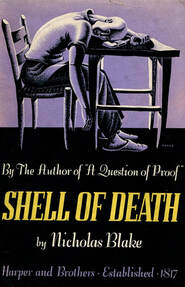
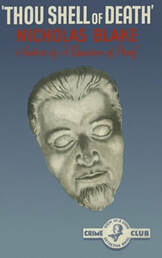

 RSS Feed
RSS Feed